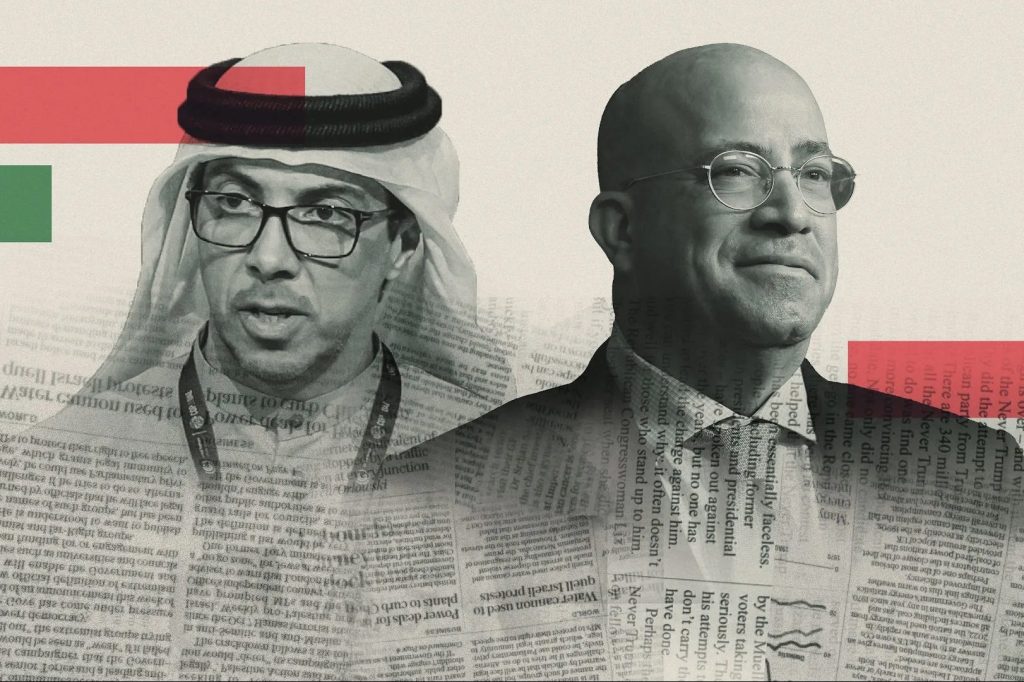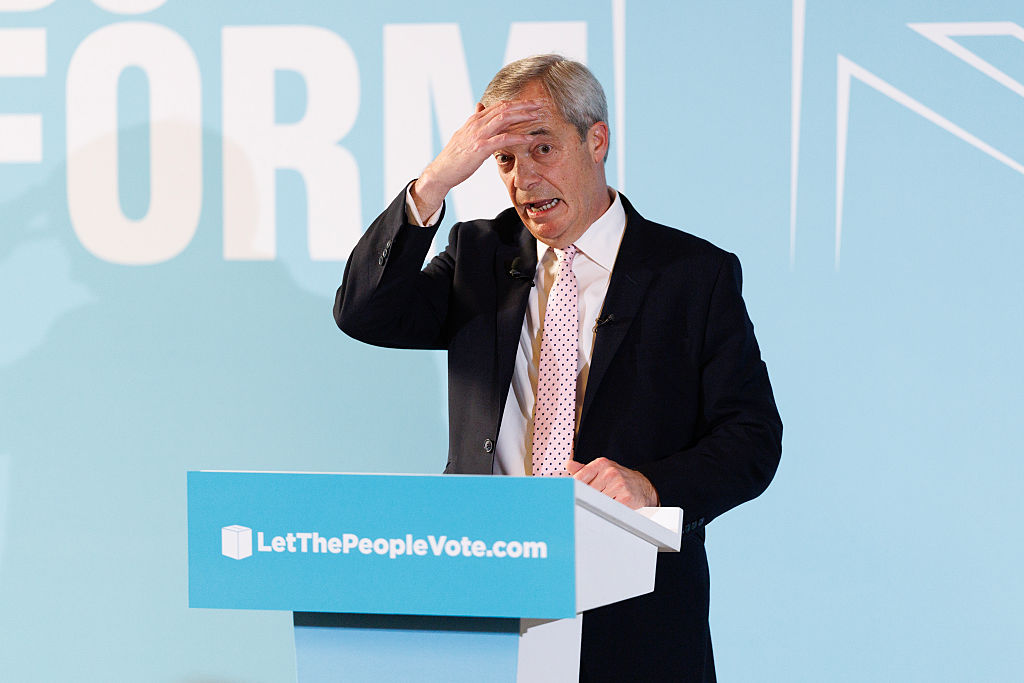In the end, it was watertight. A new law has been just voted through the House of Lords banning foreign governments from owning British newspapers and magazines. Any “material influence” has been banned; that means neither the United Arab Emirates or any “foreign power” will be allowed so much as a 0.1 percent stake in The Spectator, Daily Telegraph or any similar publication. The Emiratis had been set to buy both titles through RedBird IMI, a vehicle majority-funded by Emirati vice president Sheikh Mansour. Tina Stowell, the Tory baroness who led the campaign, has now stopped this deal in its tracks. She drew from a government amendment to the Digital Markets Bill which has just passed its third reading in the Lords.
The UAE, which had hoped to add The Spectator and the Daily Telegraph to its list of British assets, is now likely to accept Parliament’s decision in letter and spirit. We’ll now likely see it beat a swift and retreat, with a resumption of the sale process which was halted last December.
This debate goes wider than just a struggle for control of two publications. It’s a rare example of all parties in Parliament coming together in defense of an important principle. I read somewhere that the thwarting of the UAE bid was the work of a “Conservative establishment.” Tell that to George Osborne and Nadhim Zahawi, both former Tory chancellors who were actually working for the Emiratis to secure this deal. Tell that to David Cameron who was living in Abu Dhabi last year on a lecture deal paid for by the UAE government. Tell that to Lord (Dominic) Johnson, who said that press freedom is a “sentimental’ concept (he just happened to have agreed the deal where the Emiratis offered £10 billion).
So no, this was not about faction or party. Success has many fathers but Thangham Debonnaire, the shadow culture secretary, moved the dial when she renewed Labour’s commitment to press freedom and declared herself against the UAE deal on principle. The Liberal Democrats were resolute, in both the Lords and Commons. Even Scottish National Party members pointed out that it was obvious madness to let foreign powers buy national newspapers.
No democracy anywhere in the world has allowed a national newspaper to be bought by the government of another country
Julia Lopez, the media minister, has ended up delivering a government amendment even stronger than that which the rebels asked for. They’d originally asked for Parliament to have the right to approve any foreign-power ownership of the press. Lopez went one better and banned this outright. This is consistent with her pledge in January to support “a free media, not interfered with by government — or governments.”
Eddie Lister, special envoy to the Gulf under Boris Johnson, has said this has damaged relations with the UAE and if the government didn’t want the sheikhs to buy the press then “they should have sent a signal earlier, they should never have let it get to this stage.” But this mistakes what has just happened. Ministers didn’t want to ban the Emiratis outright; their hand was forced by Parliament. I’d also add that if the Emiratis wanted be seen as a reputable investor and a dependable ally, they should not have given a twenty-one-gun-salute welcome to Vladimir Putin last December.
A free press means freedom from government: there is no other definition. But there was no law to stop this interference or a state takeover A media takeover could only be blocked on competition grounds. The Emiratis persisted with their bid for The Spectator and Telegraph thinking the law was on their side and that they’d win in the end. They were probably right. Then Tina Stowell changed the equation — and the law.
This is how Parliament is supposed to work. This is the whole idea of a second chamber filled with people who have made their names, and don’t see Parliament as a career. They are free to speak on principle, free to introduce laws when needed — whether the government likes it or not.
The free press is not just a business: it is part of any country’s democratic apparatus. And in an era of acquisitive autocracies trying to buy soft power, this now needs to be protected. If the government is so anxious for Emirati investment that it can’t or won’t act, then Parliament can. The Lords, so often written off as a sleepy second chamber, turned out to be the arena where the action took place.
The Lopez amendment also updates the definition of “foreign power. This is needed to counter the rise of disguised influence. For example, RedBird had said that IMI was not the UAE government, but a private fund that just happens to be run by the Emirati vice-president. Britain’s new law would see straight through that. It’s an example for others, too. Only today, we hear news that a member of the Qatari royal family has taken a $50 million stake in Newsmax in the US. The investment was via a fund, Heritage, which claims to “operate independently of any government.” Thanks to Stowell and Lopez, this excuse would now not wash in Britain.
Britain’s tradition of free freedom is as fragile as it is crucial. It often comes close to being extinguished: by regulatory threat or, in this instance, autocratic acquisition. But thanks to the Stowell amendment and Parliament’s revolt, the 300-year-old tradition of a free press is set to carry on for some time yet.
This article was originally published on The Spectator’s UK website.






















Leave a Reply